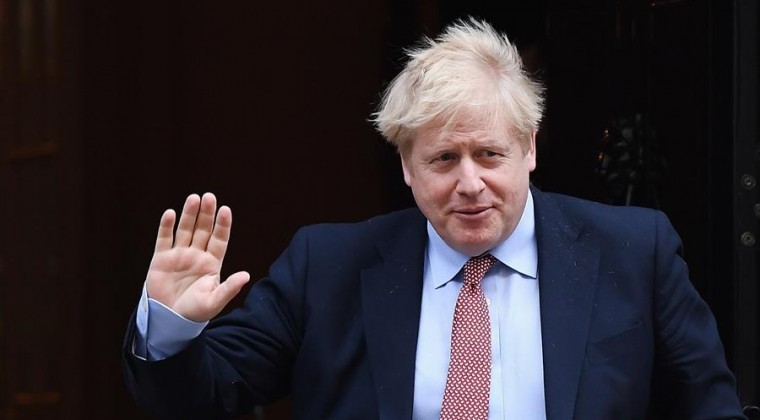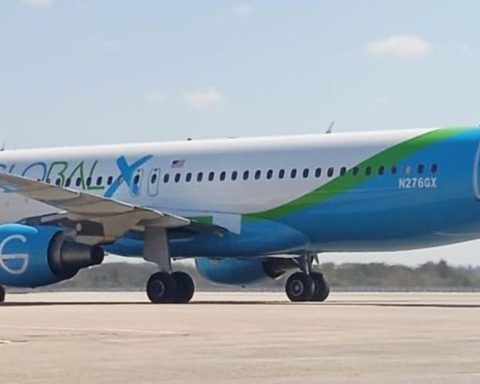It is a small administrative step but a great leap for D. Ojeda. After months of waiting, this person who identifies as non-binary can finally apply for a US passport with gender “X”, neither male nor female.
Source: AFP
My family “doesn’t always recognize who I am”, but with this document “at least the State recognizes who I am”, he explains to AFP.
He is one of the first people to apply for a gender-neutral passport, accessible to all, since Monday by the Joe Biden administration.
At his home in Alexandria, in the Washington suburbs, D. Ojeda fills out the long form: name, surname and, in the third box of the document, a choice between “H”, “M” or “X”, for male, female or neutral
A few other countries offer the same possibility. Australia has done so since 2011, and then Pakistan, Nepal, New Zealand, Canada, Germany and Argentina joined.
Thus, D. confirms his “gender change” with respect to the last passport in which he appeared as a woman, without having to justify himself.
And this person, who uses the pronouns “they/them” in English -“elle” in Spanish- and prefers to be given the masculine, finds it “incredible”.
“What is difficult for trans people is to change something. And I don’t think we should meet with a health professional to show who we are,” adds this activist, a doctor of psychology and a worker at the National Center for Transgender Equality, one of the associations that promoted the measure before the White House.
“When we found out, virtually, in front of our computers, we all started to cry,” says D., 34, sitting near his office, wearing a blue sweater, thin beard and ponytail.
– “See me as I am” –
The State Department had already reported in October 2021 having delivered the first US passport with an “X” under the mention “sex”, but it was an exceptional case.
Its access for all, announced on March 31, the International Day of Transgender Visibility, is accompanied by other measures by the federal government that seek to progressively simplify the administrative life of trans or non-binary people.
About 1.2 million people define themselves as non-binary in the United States, according to a University of California study published in June.
D. Ojeda already had a Virginia driver’s license with gender “X”. “I just went to the motor vehicle administration, had an appointment, filled out the form, and the ‘X’ box was there!”
In numerous other US states, House Republicans are instead promoting measures unfavorable to transgender people, amid a political climate in which issues of gender and identity polarize the country.
Though not necessarily on purpose, “they always call me ‘ma’am,’” says D., and “it’s hard when I travel”.
Born in Peru, he is eager to join his family in the South American country with his new passport. “My family still doesn’t understand me. They still don’t use the name I want” instead of his female birth name, which D. doesn’t want anymore.
“When I pretended to be a woman, and I really tried very hard, there was always something that bothered me.”
“Now, at least, I have the State saying who I am, as a person. And (…) I can tell people ‘Here are my papers, the State sees me like this, and maybe they should start seeing me as I am’”, he affirms as he wipes a tear behind his glasses.
“The world seems safer to me now.”

















